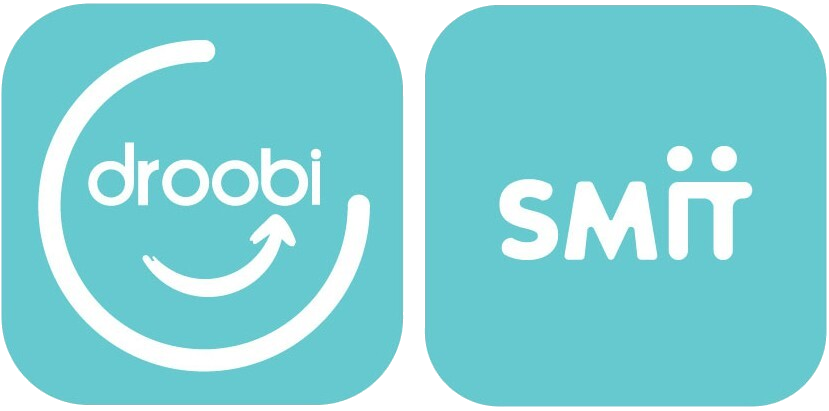
Fibers: an essential part of every healthy diet
You may have heard about fibers and the importance of adding fiber-rich foods like fruits, vegetables, whole grains, legumes and nuts to your diet, but you never really understood why fibers are so good to your health.
What are dietary fibers?
Fibers are the parts of the plant food that the body cannot digest nor absorb so they just pass through the digestive system and allow us to greatly benefit from them.
What are some of the fibers’ benefits?
• Preventing or relieving constipation by increasing the weight and size of your stool and softening it, to make it easier to pass, thus decreasing your chance of constipation.
• Maintaining your bowel health by lowering your risk of developing hemorrhoids, small pouches in your colon and colorectal cancer.
• Controlling blood sugar levels and preventing diabetes by slowing down the absorption of sugar.
• Managing weight and appetite given that high-fiber foods stay longer in your system making them more filling than low-fiber foods .
• Decreasing your risk of heart disease by lowering your bad cholesterol levels.
How to include fiber in your daily food intake?
Include a variety of high-fiber foods in your diet through the following suggestions:
• Aim for high-fiber breakfast cereal with 4 or more grams of fiber per serving.
• Switch to brown rice, whole-wheat pasta and whole-grain bread
• When baking, substitute the white flour with whole-grain flour.
• Add legumes like kidney beans and to your soup or salad.
• Snack on a fruit, vegetable, homemade popcorn or unsalted nuts.
• Have vegetables with every meal.
Is there anything else to know?
To benefit the most from the dietary fibers, make sure to add them progressively to your diet while drinking a lot of water because fiber is most beneficial when it absorbs water. Now you can confidently choose your own healthy food.

0 Comments